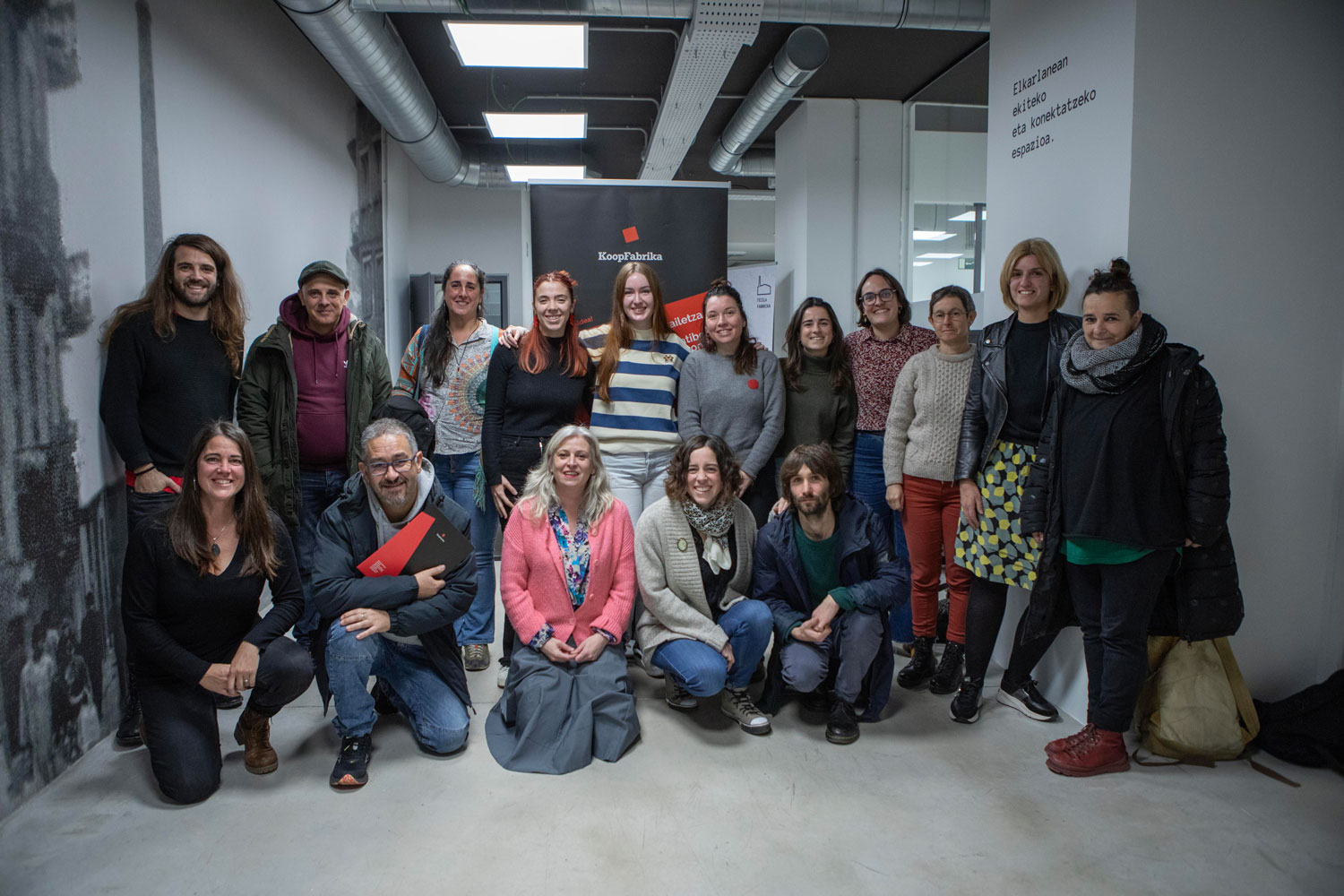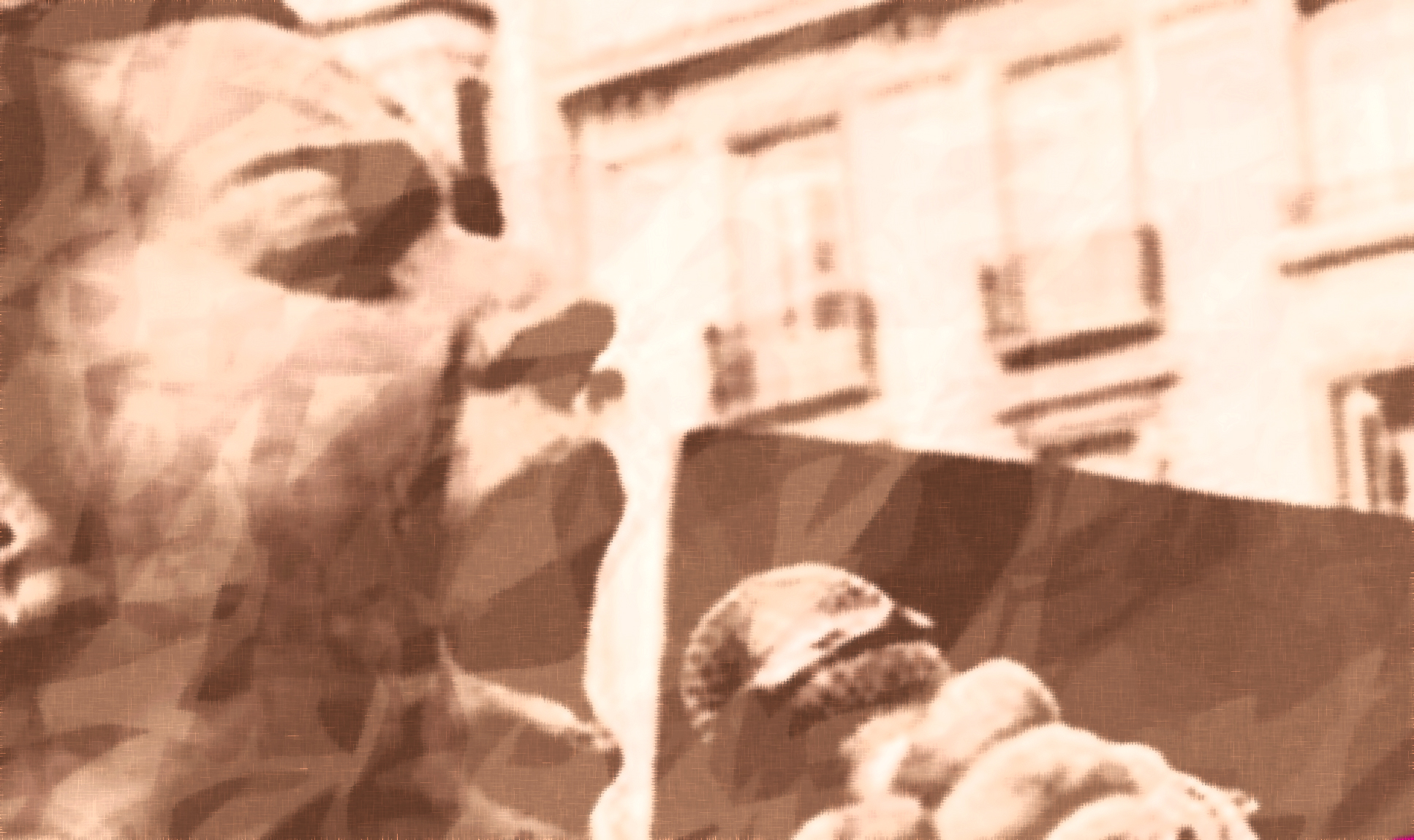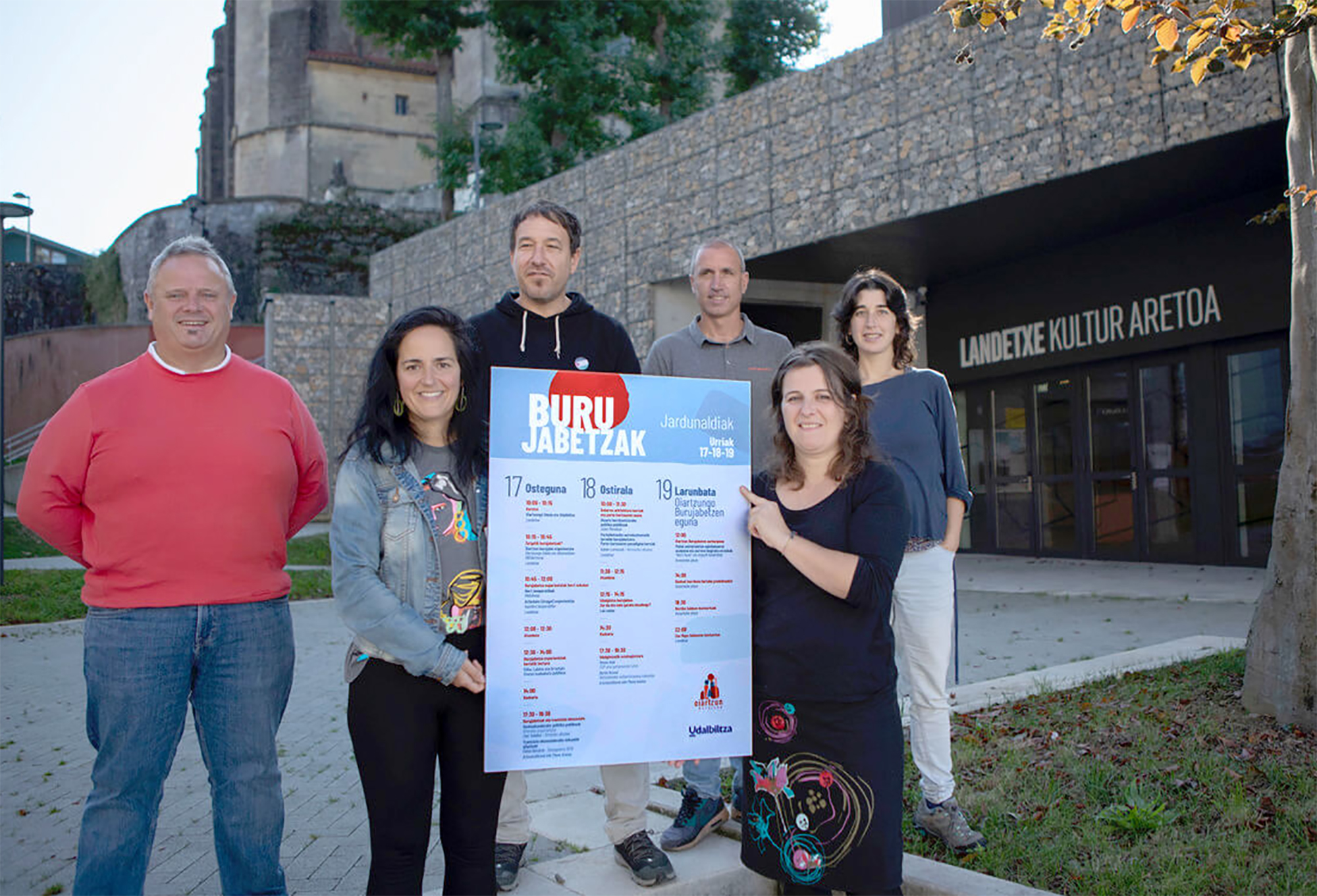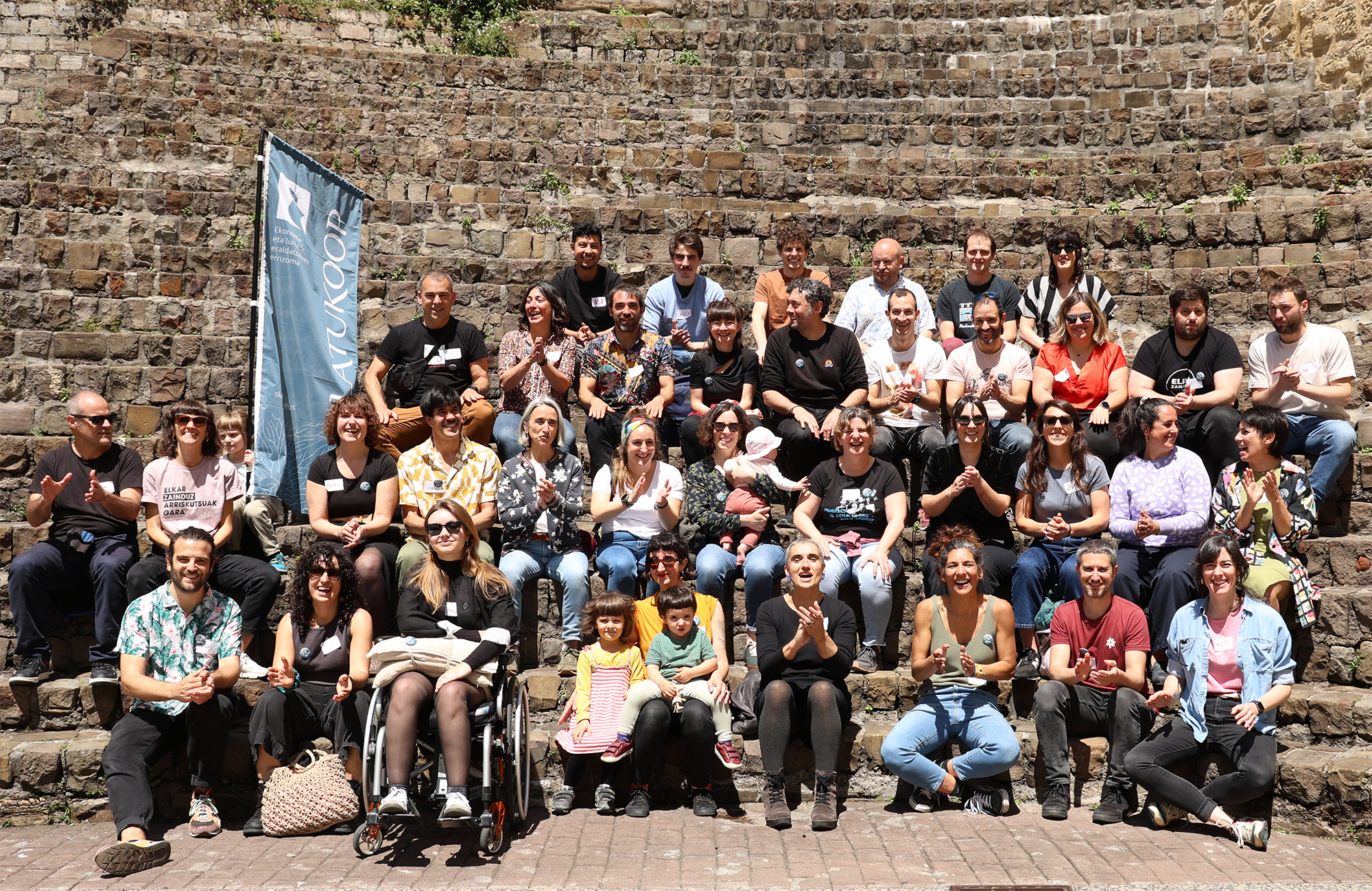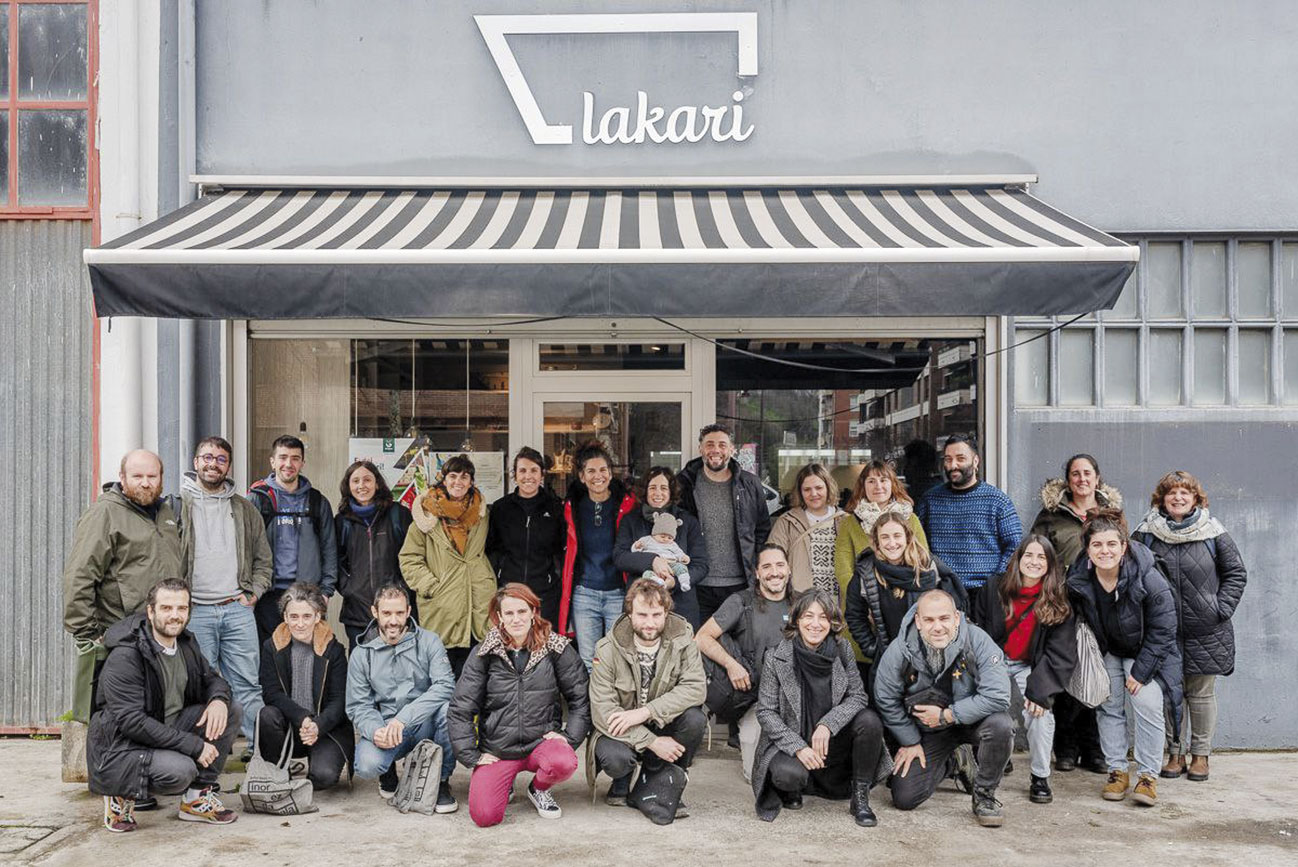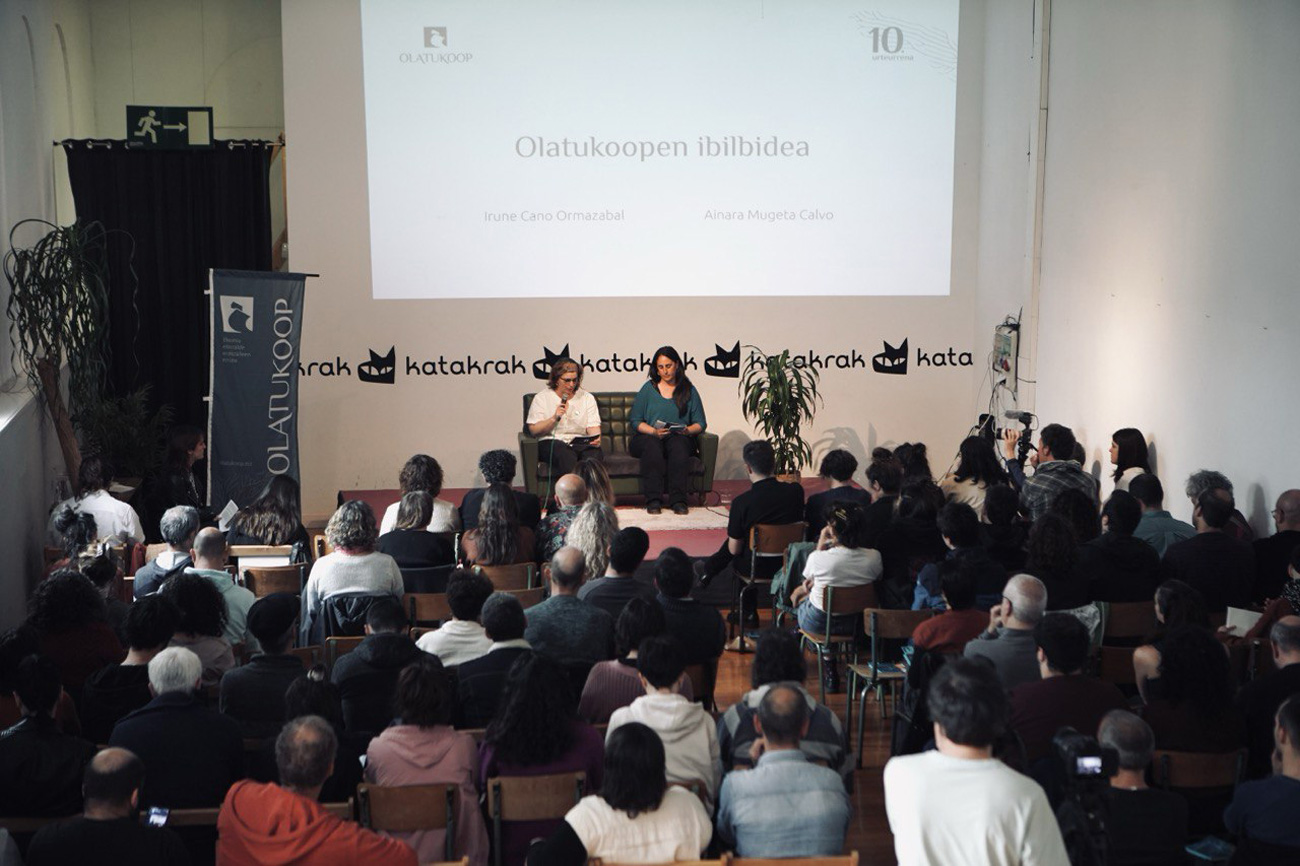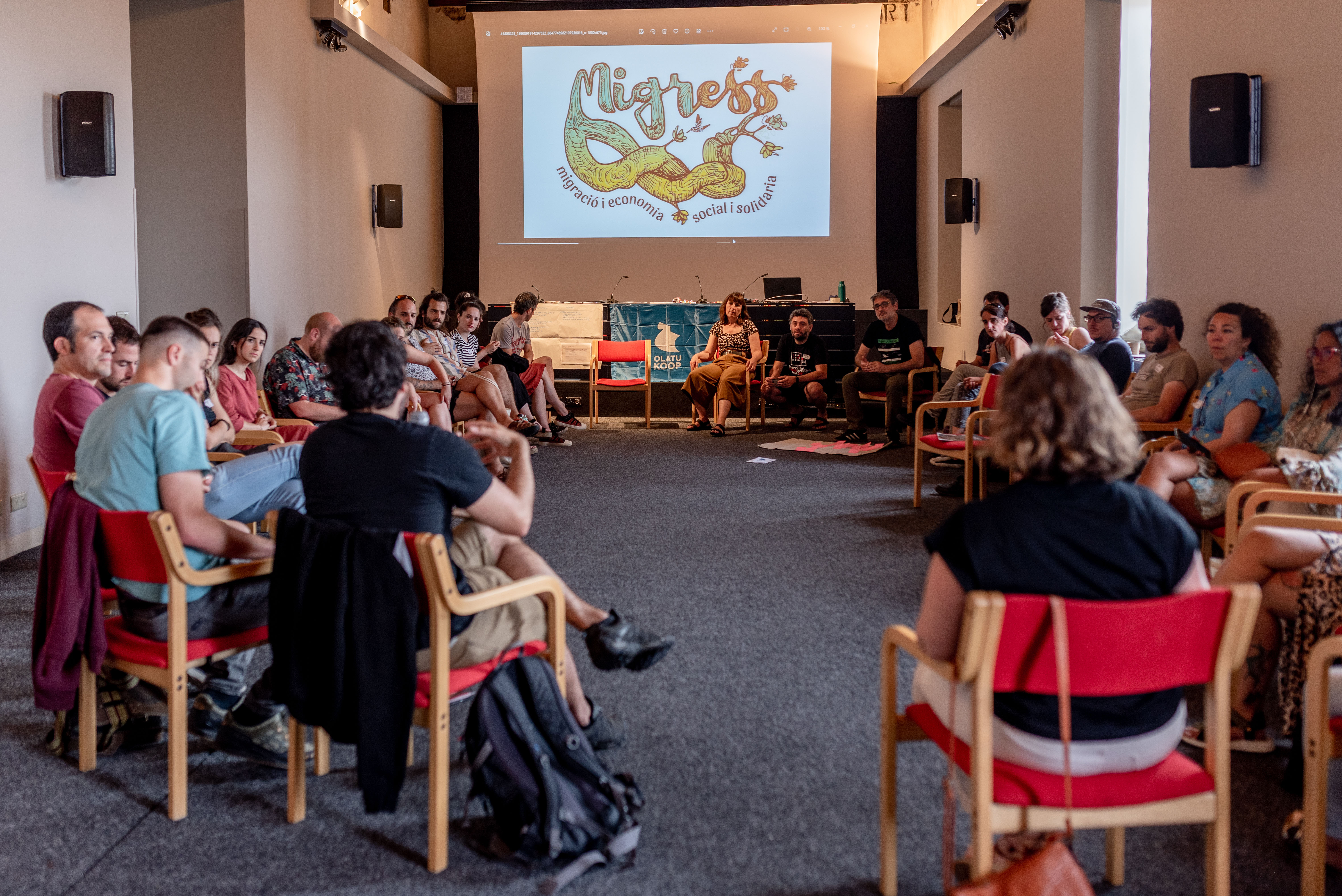“Of Popular Cooperativism” and “of Cooperative Egoism”
- HUN – HerriUni and Andoni Esparza Gallastegi Gizartekintza Elkartea organised a workshop on 5 March in Astra de Gernika. In it, Jabier Lertxundi offered a talk in which he analyzed the two models of cooperativism that he considers “opposites”: MCC and the one developed by Esparza. And also the idea of self-management. This is how Lertxundi came to write a critical book about MCC: “I met Andoni Esparza. It was a discovery for me. He made available to me all the information and files I had about the Mondragon experience. This is how I wrote the book La Tecmocracia en MCC, OPUS DEI and the PNV. This book is very critical. In it is José María Arizmendiarreta and also the business trajectory of MCC”. Julia Itoiz, author of the biography of Andoni Esparza (The Other Experience – The Book Nobody Wanted to Publish to Jorge Oteiza) also gave a talk on this day. Tomorrow we will publish the chronicle of this conference.

Jabier Lertxundi acknowledged the contribution of José María Arizmendiarreta to the world of education: “Their enthusiasm was youth and work. To have more job opportunities, I wanted a strong youth to train technologically.” But, after inspecting Andoni Esparza's archive, Lertxundi met Arizmendiarreta's trajectory throughout the Franco regime.
From the death sentence to the creation of a workers' fund
Arizmendiarreta, a native of Markina, was "nationalist" in the 36th War, according to Lertxundi: “He was surprised while working as a journalist in the magazine surrounding the PNV, he was imprisoned in Burgos and sentenced to death. Then they took his sentence off, studied at the seminary in Vitoria and was a cure for Mondragon.”
“I am a Francoist general,” said Bishop Lauzirika, who seemed to have dedicated Arizmendiarreta to Mondragon. As Lertxundi has reported, Arizmendiarreta would meet a people with a hard labor struggle. “During the war in Mondragon the atmosphere was engulfed in the struggle between Abertzales and workers, and the priests participated in those struggles. The Unión Cerrajera factory, owned by the Oreja, carried out several actions, in 1934 they revolutionized and merged... There was a very hard story in the steel industry.”
He came to the town of Arizmendiarreta and began working with the youth. And later he created the Popular Labor Fund. “I would say that was Arizmendiarreta’s turning point,” said Lertxundi. He explained that at that time the Franco regime changed, “from falangist to Opus Dei: The ministries of Economy, Industry and Foreign Affairs were from Opus Dei. And in that negotiation, Arizmendiarreta managed to set up the Labor Fund. It was very difficult to do it. Only the priests and churches managed to do so, creating boxes that belonged to the church or were called ‘rural boxes’. But Caja Laboral was the workers and it was very difficult to achieve it.”
“He was a Francoist. It's over. That cannot be denied.”
Lertxundi has questioned why the regime gave the green light to Mondragon's experience: “I can’t guarantee it, but there may be a strategic move to incorporate Mondragon and the area’s template, but controlled. Why do I say that? A savings bank or bank must have 10% own resources. The own resources of Laboral Kutxa were the Banco Santander, the Banco Atlántico and the Banco Popular Español. The three of Opus Dei. This economic birth, the economic sustenance, was controlled by the Government of Spain. That’s proven.”
Lertxundi has pointed out the financial style he was at the first Kutxa Labor Board: Azkarate. “He was the first of the promotion of the University of Navarra of Opus Dei, cited in the journal itself of that university. It was he who laid the foundations for the financial path to be followed. He was subsequently a representative of the San José Cooperative (now Eroski), although he was not a cooperative. They chose him with their finger to go to the San José Cooperative and open the way.”
Arizmendiarreta received the Work Award, which Franco awarded annually to the “best worker”.
Lertxundi showed a photograph of Arizmendiarreta's funeral that he picks up in his book: "A mustache appears next to the coffin, the commander of the Civil Guard, Tejero. Today there is a marketing operation, a face cleaning, an initiative to sanctify... Arizmendiarreta was a Francoist. It's over. That cannot be denied.”
Cooperative development and forensic battle
Lertxundi explains that Arizmendiarreta and Esparza worked together to create the aforementioned Cooperative Savings and that by then Esparza had already put in place its cooperative model around the company Funcor de Elorrio: “The idea of Esparza was to make popular cooperativism, so that the people were the most important, not only in technology and economy, but in culture, education... There were Oteiza, filmmaker Buñuel, painters... They did a lot of things in Funcor, also in favor of sport, they had cycling equipment...”.
Lertxundi described the cooperativism that emerged in the Mondragon environment and its development: “It was not based on territorial solidarity, but on sectoral solidarity. First was Mondragon's experience, then Laborala's partner cooperatives and then MCC. It's a multinational model that draws money by exploiting the factories out there. It is not a model of solidarity, but a cooperative egoism: each one feels like a small entrepreneur and exploiter of other workers. The cooperativists who are here are very good, for them it is great, the system goes well (for this cooperativist). But is that the model of self-management to extend it all over the world? There’s the trap, because that cooperativism is for that cooperativist.”
Lertxundi denounced it as follows: “Arizmendiarreta and her colleagues frustrated and closed Funcor because they were not supporters of that model. After falsely denouncing Andoni Esparza, accused of embezzlement of Funcor funds and of false denunciation of Andoni Esparza, Andoni was arrested and tried.” The lawyer of the Mondragon Group who made the particular indictment was José Antonio Ardanza and Lertxundi reported the following facts of the trial: “Ardanza was from Elorrio and he also received a Funcor scholarship to study in Belgium. At the trial he went to hand Ardanza Esparza and Esparza gave him a slap.”
Esparza was arrested and imprisoned “and from there he was physically touched” explained Lertxundi: “He was free, free of charge but assaulted for a lifetime. He went to live in Pamplona and made other attempts there, but physically he could not. Later MCC wanted to take Sparza, but he always denied that invitation.”
“Egoism and fear prevent us from generating another system”
Self-management is always a challenge for Lertxundi, who has completed a doctoral thesis and several books on this subject. Also the last book he wrote in the lockdown: New abnormality.
“This is my idea of self-management: to have many collective properties, for example, of the City Hall, of the Council, of the Government... And manage it with self-management. But on the one hand, it's selfishness, and on the other hand, fear, people don't move. And if you build something, the logic of private property always emerges, which dominates and frustrates the project.”
The current situation is pessimistic: “The problem is that we are not able to cope with the system, to escape the system. We're not able to create other models. Cooperativist selfishness is now in the whole of society and there is a lot of fear: self-care, self-repression... And that's how hard it is to create self-management. I think that today there are microexperiences that are possible. But it won't be a whole self-driving experience. In fact, with crisis and with the passage of time, we have gone down and backward, in a defensive attitude. And we are who we are.”
Budgets and the closure of annual accounts are nothing more at this time, from the domestic economy to most of the socio-economic spaces that we share. Large companies have begun to extract calculators and implement major plans for 2025. Small and medium-sized institutions and... [+]
One of the major projects developed by Olatukoop with other actors is KoopFabrika, a programme created in 2017 with the aim of boosting social entrepreneurship and which is currently underway.
Initially, the first idea was that the cooperatives and agents that gathered around... [+]









